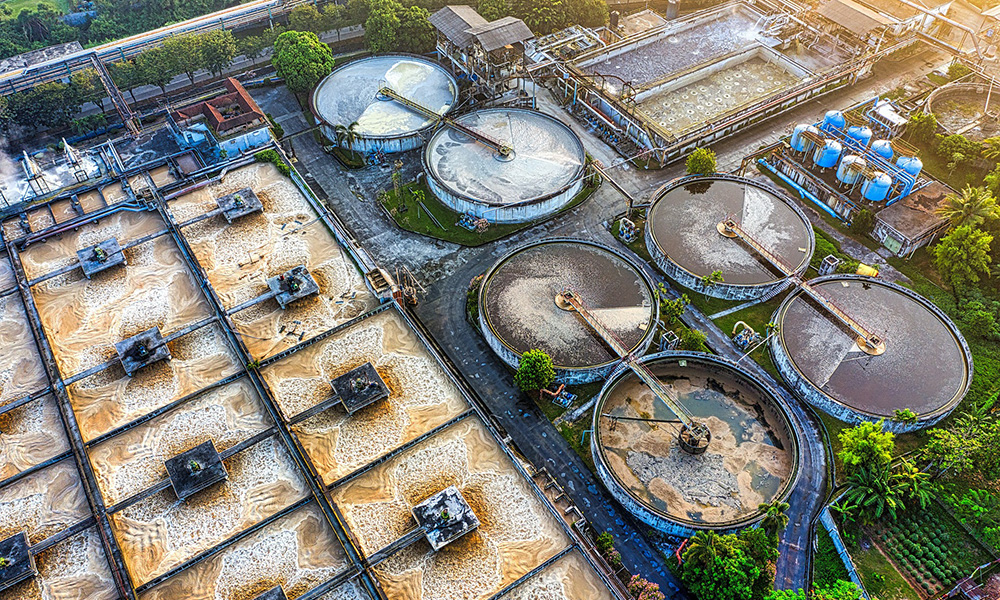
At first glance when one looks at sewage sludge it can be challenging to find any redeemable value. However, researchers at UBC’s Bioreactor Technology Group see it in a whole other way.
Using a combination of heat, water and phase separation, these researchers have developed a cost-effective method to concentrate phosphorous—which can be efficiently recovered by extraction—from wastewater sludge.
The process converts organic components of the municipal wastewater sludge into a petroleum-like biocrude and concentrates the phosphorous into a solid residue called hydrochar. This hydrochar can have a total phosphorus about 100 times higher than that of raw sludge, making it comparable to the phosphate rock used in commercial fertilizer.
Principal investigator Dr. Cigdem Eskicioglu said, “At a time when we are seeking to be more sustainable and looking for alternative fuels, extruding useable materials from waste is essential. Recovery and recycling is the solution that also provides the double benefit of providing a secondary source of phosphorus that can be globally distributed and also help with environmental conservation.”
Visit the UBC Okanagan News site to know more.
Through Strategy 7: Research support, UBC is improving support for researchers across the university through enhanced core facilities, spaces and services.